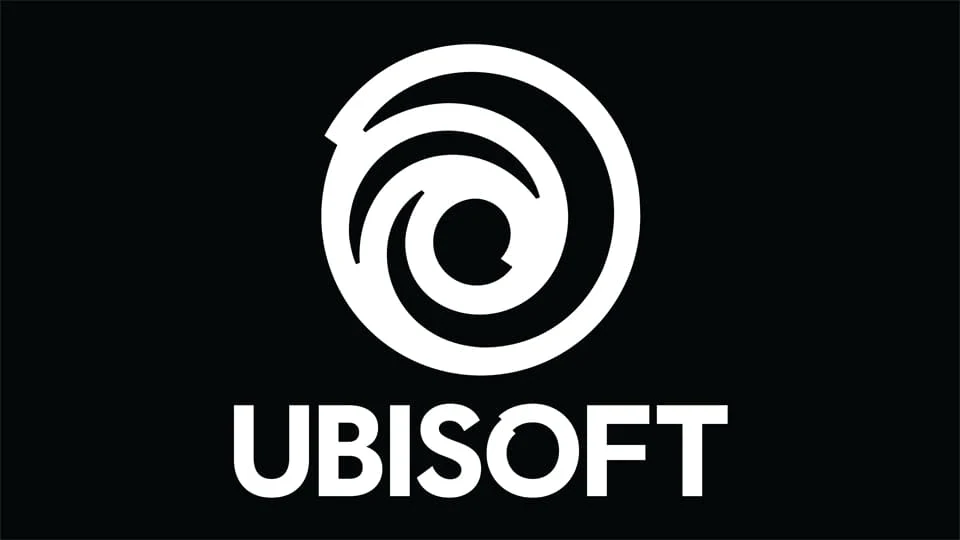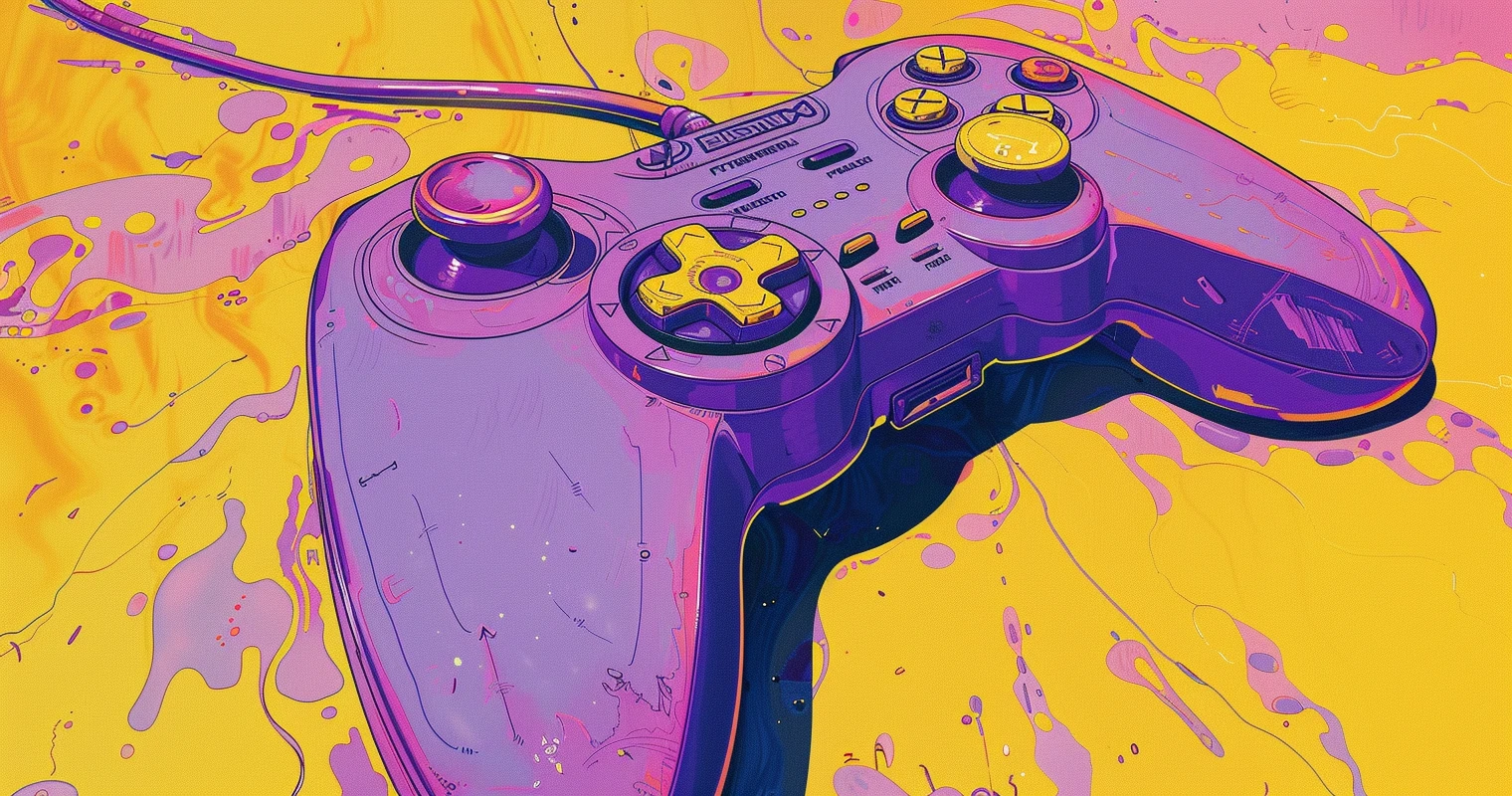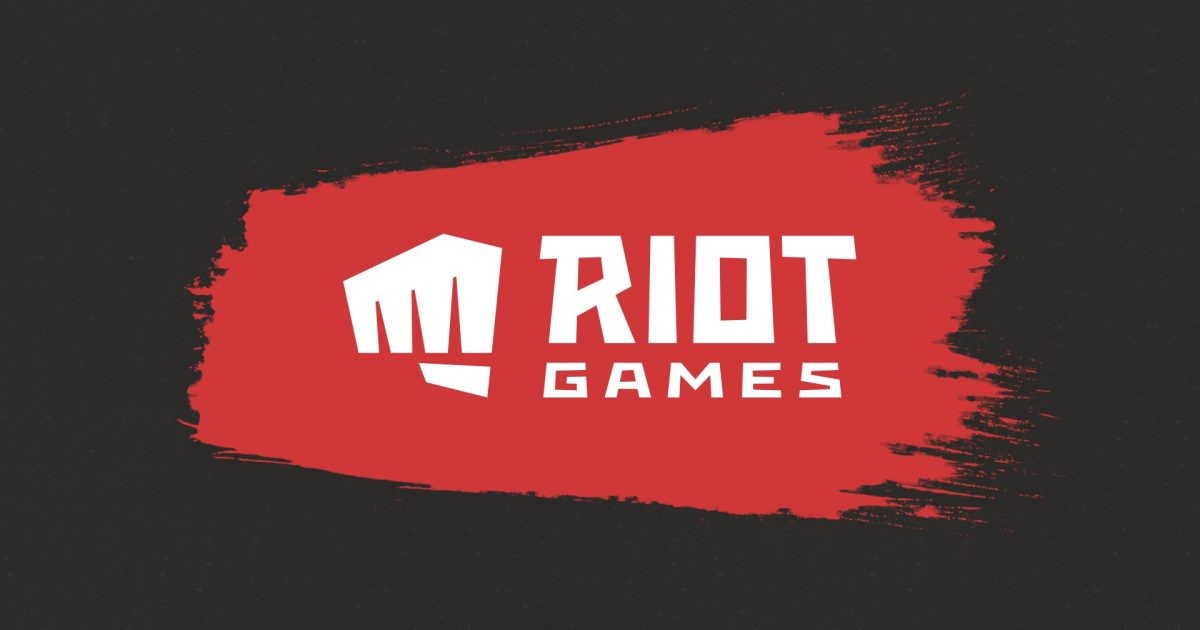Ubisoft, one of the world’s largest video game companies, has faced significant turbulence recently, marked by multiple rounds of layoffs and studio closures. These measures reflect broader gaming industry trends and the company’s internal challenges in navigating the competitive gaming market.
This article tracks the timeline, scale, and implications of Ubisoft layoffs and explores the broader context of game industry layoffs and potential future directions for the publisher.
Total Number of Ubisoft Layoffs
If we add up all recent Ubisoft layoffs, the company has reduced its workforce by approximately 676 employees from November 2023 to January 2025.
Specifically:
- November 2023: 124 employees
- March 2024: 45 employees
- August 2024: 45 employees
- December 2024: 277 employees
- January 2025: 185 employees
These layoffs collectively reflect a substantial downsizing, affecting numerous roles across various geographic locations and functional departments.
This substantial reduction highlights the significant internal challenges and market pressures Ubisoft faces, impacting employee morale and raising broader concerns about the sustainability of large-scale employment in the gaming industry.
Ubisoft Layoffs and Restructuring (2023 – 2025)
Here’s a detailed overview of all major Ubisoft layoffs in the past few years.
Ubisoft Layoffs in November 2023 – Initial Wave of Global Cuts
In November 2023, Ubisoft announced significant layoffs, cutting 124 positions worldwide, with a majority based in Canada.
The affected roles primarily included positions within business administration, human resources, and information technology sectors.
The Montreal studio, one of Ubisoft’s most significant hubs responsible for hit franchises such as Assassin’s Creed, was notably impacted. Ubisoft clarified that these reductions were intended to optimize administrative processes and reduce redundancies, aiming for increased operational efficiency and cost management.
These layoffs came at a time when Ubisoft was reassessing its strategic focus, trying to sharpen its competitive edge against rivals such as Activision Blizzard and Electronic Arts.
At this stage, the gaming industry was experiencing heightened consolidation, creating pressure for even major players like Ubisoft to streamline their operations.
Ubisoft Layoffs in March 2024 – Strategic Refocusing in Publishing and Asia-Pacific
The second round of layoffs occurred in March 2024, targeting 45 positions within Ubisoft’s global publishing and its Asia-Pacific divisions. These layoffs were seen as part of a larger strategic refocus, which aimed to realign resources towards more profitable ventures and away from less strategic, lower-performing markets.
Within the global publishing unit, more than 20 positions were eliminated, predominantly affecting marketing and sales teams responsible for Ubisoft’s global outreach and product promotion.
The Asia-Pacific layoffs were particularly impactful in emerging markets like China and India, areas previously viewed as significant growth opportunities. Roles cut here included critical operations in local marketing, regional human resources, and extensive quality assurance teams.
Ubisoft explained this as a strategic recalibration intended to redirect investment towards core franchises and high-potential regions. However, industry analysts expressed concerns that reducing presence in rapidly growing markets might hamper Ubisoft’s long-term global ambitions.
Ubisoft Layoffs in August 2024 – Downsizing in American Studios
In August 2024, Ubisoft’s restructuring efforts continued, with 45 employees laid off from its studios located in San Francisco and Cary, North Carolina, the latter being home to Red Storm Entertainment, known for titles within the Tom Clancy franchise.
This move drew significant industry attention due to the historic success of franchises such as Rocksmith from San Francisco and Tom Clancy titles from Red Storm.
Ubisoft described these layoffs as difficult yet necessary, aligning the studios’ organizational structures with future business objectives.
These studios had seen reduced productivity and financial returns, forcing Ubisoft to reassess their viability amid changing market dynamics. This move was indicative of Ubisoft’s determination to achieve short-term profitability, raising concerns over whether such immediate financial gains might negatively affect long-term creativity and innovation.
Ubisoft Layoffs in December 2024 – Closure of XDefiant and Studio Shutdowns
Arguably the most impactful restructuring decision came in December 2024, when Ubisoft discontinued its ambitious free-to-play shooter, XDefiant. The closure of this game led directly to shutting down Ubisoft’s studios in San Francisco and Osaka, impacting roughly 277 employees in total.
The decision was based on an evaluation revealing that XDefiant failed to gain significant traction or deliver expected revenues, emphasizing a harsh reality about market saturation in the free-to-play shooter genre.
The announcement noted that around half of the impacted staff would be redeployed to other projects within Ubisoft, but uncertainty lingered regarding the long-term job security of the remaining workforce.
Industry experts highlighted the significance of this move, noting how even high-profile projects could falter in today’s competitive gaming market, reflecting the risks associated with extensive investments in unproven concepts.
Ubisoft Layoffs in January 2025 – Further Studio Closures and European Restructuring
January 2025 brought another stark announcement: the closure of Ubisoft’s Leamington studio in the UK and significant restructuring at the Düsseldorf, Stockholm, and Reflections studios, impacting an additional 185 employees.
Ubisoft attributed this decision to unsatisfactory performance, particularly the underwhelming sales of major titles like Star Wars Outlaws, released in late 2024.
These studios had historically contributed to significant projects, but inconsistent output and high operational costs led Ubisoft to consolidate its European operations.
Analysts observed this as a worrying trend for European game development, potentially reducing Ubisoft’s diversity in creativity and risking alienation among talented developers wary of unstable employment.
What’s Behind Ubisoft Layoffs?
Ubisoft’s aggressive restructuring strategy highlights several critical issues within its operational model.
Firstly, the persistent underperformance of major titles reveals underlying problems in game conceptualization and marketing strategies. Despite investing heavily in marketing campaigns and development, Ubisoft struggled to predict accurately player preferences, resulting in commercial disappointments such as XDefiant and Star Wars Outlaws.
Secondly, these layoffs point to an industry-wide struggle with sustainability, where even prominent players must continually reevaluate their market positions to stay financially viable. With intense competition and rising development costs, companies increasingly depend on successful flagship franchises, making failures costly and disruptive.
Lastly, Ubisoft’s restructuring highlights the ongoing industry debate regarding employee welfare versus business sustainability.
Layoffs, although financially justifiable, have sparked significant concerns regarding the industry’s working conditions, job stability, and the impact on creative talent retention. Such actions might yield short-term financial benefits but could impair Ubisoft’s long-term innovative capabilities and reputation.

Ubisoft History
Ubisoft was founded in 1986 by the five Guillemot brothers—Christian, Claude, Gérard, Michel, and Yves—originally as part of their family’s agricultural business in Brittany, France. Initially focused on distributing computers and software, they quickly moved into video games. Their first title, Zombi (1986), was moderately successful, allowing them to expand distribution and development operations.
By the early 1990s, Ubisoft had grown significantly, establishing development studios and launching their breakout hit Rayman (1995), which became pivotal to their success.
Ubisoft went public in 1996, which funded rapid international expansion. Key acquisitions during this period included Red Storm Entertainment (2000), gaining the lucrative Tom Clancy franchise, and rights to major IPs like Prince of Persia and Myst.
Ubisoft further evolved with the launch of flagship franchises like Splinter Cell (2002) and Assassin’s Creed (2007), cementing their global presence. In 2003, they rebranded from “Ubi Soft” to “Ubisoft”, adopting the iconic “swirl” logo.
From 2015, Ubisoft faced a hostile takeover attempt by French media conglomerate Vivendi, resulting in significant internal resistance and efforts by Ubisoft leadership to remain independent. By 2018, Ubisoft successfully resisted Vivendi’s attempts, partly through strategic partnerships, including a significant investment from Chinese gaming giant Tencent.
However, starting in 2020, Ubisoft confronted internal and external challenges, including controversies around workplace misconduct and market missteps, affecting profitability.
In recent years (2023-2025), financial pressures led Ubisoft to execute multiple rounds of layoffs and studio closures, impacting hundreds of employees globally. Titles like XDefiant failed commercially, leading to further strategic shifts and uncertainty regarding future ownership structures amid ongoing discussions about private equity buyouts and Tencent’s increasing influence.
The Future of Ubisoft
Looking ahead, Ubisoft’s strategy appears firmly set on prioritizing profitable projects and cutting operational expenses aggressively.
However, the company faces significant challenges.
It must innovate while managing resources efficiently, foster employee loyalty amid instability, and adapt to market shifts and player expectations.
Ubisoft’s ability to respond effectively to these ongoing challenges will be crucial in maintaining its position as an industry leader. It will need to strike a careful balance—being cost-effective without sacrificing creativity and employee morale.
The company’s future rests on its capability to produce consistently successful titles, maintain market competitiveness, and nurture a stable working environment.
The coming years will test Ubisoft’s resilience and adaptability, ultimately determining whether these extensive layoffs and studio closures will help the company thrive in the long run or whether they signal deeper issues that could threaten its long-term stability in the gaming market.







Comments